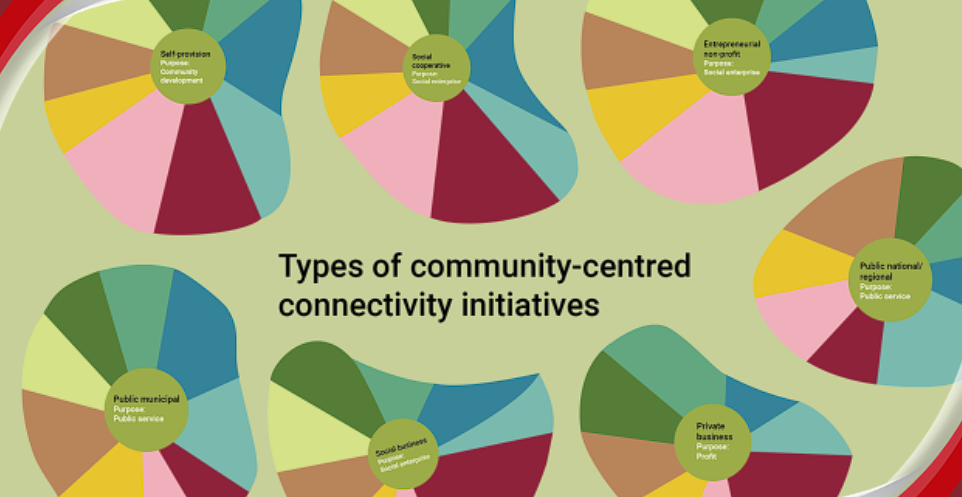Articles
Political uncertainty, IT jobs bloodbath curtail hiring in SA
-
5 months ago
The escalating retrenchments in the global tech sector this year, coupled with the decline in hiring activity leading up to SA’s National and Provincial Elections, have resulted in a substantial slowdown in local tech hiring.
This is according to local recruiters, commenting on the number of global layoffs in 2024 so far, at over 100 000, with more than 260 000 job cuts in 2023, according to a report by Stocklytics.com.
Despite a boom in profits and sales this year, layoffs persist among tech companies, with job cuts in the tech space showing no signs of easing, it says.
This trend is accentuated by the shift towards artificial intelligence (AI) and machine learning for these tech firms, while also exposing the frantic workforce expansion that occurred during the pandemic, according to Stocklytics.com.
Local recruiters believe the global trend is driving a slowdown in SA, as hiring activity in the sector continues on a downward spiral, suggesting a collective effort to reduce costs – despite the severity of IT skills shortages.
“In South Africa, there has been a steady decline in demand for IT skills since 2021. This is in part driven by global tech layoffs and will not have been helped by a decrease in hiring activity in the run up to South Africa’s national elections in May 2024,” notes Paul Byrne, head of insights and customer success at online recruitment firm Saongroup.
Despite this, Burne adds, the severe skills shortages continue in SA, particularly for IT roles such as database design, development, software development, systems analysis, technical/business architecture and UX/GUI design.
SA’s technology sector is listed by CareerJunction among those that have seen the biggest decline in hiring activity this year, as recruitment across the board declined by 11% year-on-year, compared to the first quarter of 2023.
Slowing hiring activity in SA’s recruitment market may be partly attributed to the current economic uncertainty, it says. Economic instability, whether domestic or global, can dampen business confidence and investment, leading companies to be cautious about expanding their workforce.
Edith Reads, financial analyst atStocklytics.com, points out in the report that most tech companies consider layoffs necessary to realign their organisational structure and priorities in preparation for future advancements. This follows the considerable increase in hiring tech skills during COVID, which companies now deem unnecessary.
Since the beginning of the year, Elon Musk’s Tesla has laid off roughly 10% of its workforce − around 14 500 employees. Towards the end of January, German multinational software company SAP shed over 8 000 employees, about 7% of its workforce, notes Stocklytics.com.
Dell trimmed 6 000 workers, resulting in a 5% reduction in its workforce in late March. Cisco and Toshiba round out the top five tech layoff companies globally, with over 4 000 workers forced to leave each company.
The same echoed through tech giant Microsoft, which shed nearly 3 000 employees as part of its plan to establish a sustainable cost structure.
Philip Joubert, co-founder of OfferZen, a hiring marketplace for developers, adds that while SA has been less impacted by the global wave of retrenchments than US companies, there has been a significant slowdown in hiring over the past 18 months.
“There was a substantial slowdown in tech hiring in 2023 and it continued into 2024.Companies make decisions about their workforce on future expectations, not current or past performance.
“The layoffs we’ve seen in SA over the past 18 months have been about reducing costs and headcount generally, rather than cutting specific tech skills. There’s been speculation by some that the efficiency gains that software engineers get with AI is causing companies to reduce the size of their tech teams − this is almost certainly not true.”
However, he points out that hiring seems to be picking up again in SA, as more firms look to expand their tech teams.
“South Africa doesn’t really have classic tech companies. The largest ‘tech’ companies in SA are
banks
and telcos. The post-pandemic tech boom didn’t benefit these types of companies that much, but the tech recession also hasn’t negatively affected them as much. So, while they’ve had to tighten their belts a little, they’ve been able to continue operating as they always have.”
Smaller local tech companies have a different approach in the way they operate and hire, he continues.
In the US, there’s a massive venture capital market, while in SA, it’s at a much smaller scale. South African companies have adapted to operate with less capital and generally build more self-sustaining tech companies than their US counterparts.
“In this case, venture capital funding has decreased dramatically over the last two years and is now about a quarter of what it was. South African companies have adapted to operating with less capital and generally build more self-sustaining tech companies than their US counterparts. It limits our ability to create breakout successes, but it also makes us more resilient to market shifts,” he concludes.
Related Articles Posts
Categories
Popular Post
-
 SA’s IT spend to outpace GDP growth 1 year ago
SA’s IT spend to outpace GDP growth 1 year ago -
 Vodacom, Netstar launch free in-taxi Wi-... 1 year ago
Vodacom, Netstar launch free in-taxi Wi-... 1 year ago -
 South Africa under pressure to fill cybe... 1 year ago
South Africa under pressure to fill cybe... 1 year ago -
 Organisations with a strong employee val... 1 year ago
Organisations with a strong employee val... 1 year ago -
 Joint policy-in-action event highlights... 1 year ago
Joint policy-in-action event highlights... 1 year ago -
 Boost your digital transformation journe... 1 year ago
Boost your digital transformation journe... 1 year ago








